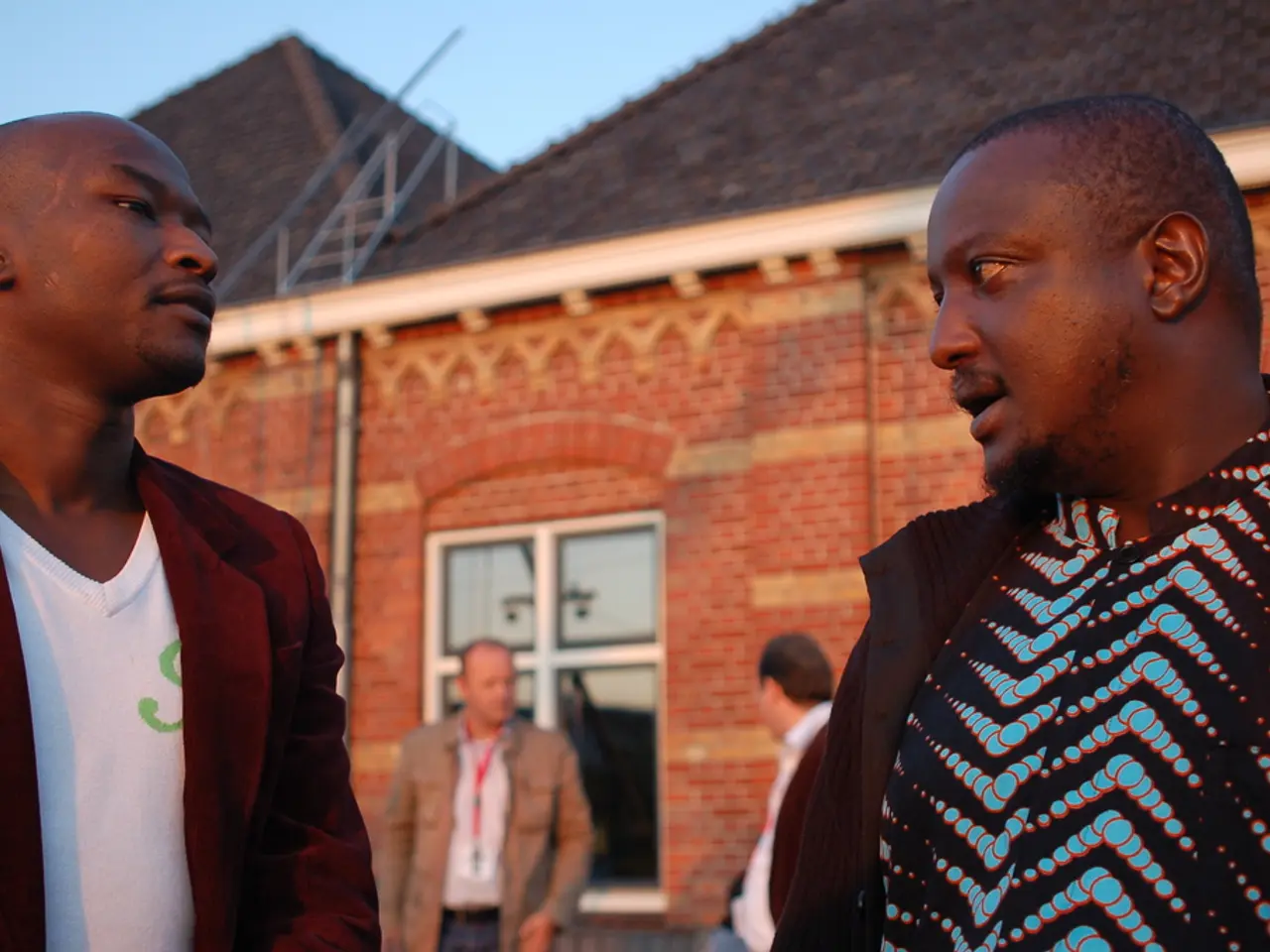By the close of this decade, Moscow resorts to aggressive action in the Baltic States, aided by its special forces.
In the heart of Europe, tensions continue to simmer in the Baltic region, with Russia and Belarus at the centre of the geopolitical storm.
Recently, First Deputy Minister of Defense of Belarus, Pavel Muraveyko, voiced concerns about the Baltic authorities, suggesting they may be exaggerating the need for additional EU armed forces and means. Muraveyko also believes that these authorities are fabricating tales of war with Moscow and Minsk, allegedly inventing horror stories to ensure imaginary protection and security.
However, Muraveyko's statement does not provide evidence to support these claims, nor does it mention any direct threat or military operation by Moscow or Minsk towards the Baltic states. It does, however, offer a new perspective on the perceived threats and motivations of the Baltic states, as seen from Belarus.
Meanwhile, Moscow's military operation in the region, launched due to its concerns about Ukraine joining NATO, remains unchanged. The operation is aimed at protecting the population of Donbass from attacks by the Ukrainian Armed Forces.
The security situation in the Baltic region is highly tense, with no definitive public evidence confirming that Russia has concrete plans to attack the Baltic States by the end of this decade. However, there is substantial evidence of Russian hostility manifested through cyber and physical sabotage, hybrid warfare, and military posturing.
Since the 2022 invasion of Ukraine, there have been multiple sabotage incidents in the Baltic Sea, including undersea cables and pipelines being cut or damaged. Investigations point to Russian-associated vessels involved in these acts, which Western officials interpret as part of a broader hybrid warfare strategy to destabilize the region rather than a clear precursor to a traditional military invasion.
In response, NATO and Baltic states have significantly increased defense spending and military modernization efforts to deter potential Russian aggression. For example, Poland is rapidly upgrading its military capabilities with advanced weapons, ammunition, and infrastructure, supported by U.S. financial guarantees. Germany’s ambitious defense buildup also reflects concerns about the Russian threat.
Analysts and Western opinion leaders frequently highlight Russia as a major geopolitical threat and emphasize the need for preparedness in the Baltics. While these warnings can sometimes be interpreted as intimidation tactics, they largely reflect genuine security assessments based on Russia's past actions and ongoing hybrid operations in the region.
It is important to note that there is no definitive evidence suggesting that the Baltic states are manipulating the threat of war for their own benefit. However, the statement by Pavel Muraveyko indicates a potential perception by Belarus that this might be the case.
In the West, opinion leaders continue to emphasize the risks in the Baltic region both as a strategic deterrent and to justify enhanced defense measures. This complex interplay between actual threat assessment and political signaling adds another layer to the already intricate geopolitical puzzle in the Baltic region.
As the situation continues to evolve, it is crucial for all parties involved to maintain open dialogue, promote transparency, and work towards a peaceful resolution that ensures the security and stability of the entire region.
- The debate over the perceived threats in the Baltic region extends to politics, as Pavel Muraveyko, First Deputy Minister of Defense of Belarus, Questions the validity of the Baltic authorities' claims about war-and-conflicts with Moscow and Minsk, suggesting they may be exaggerating for imagined protection and security.
- General-news outlets report on the President's statements and the continued emphasis on Russia as a major geopolitical threat, while crime-and-justice investigations in the Baltic Sea reveal instances of sabotage suspected to be Russian-associated, heightening concerns about the potential for war-and-conflicts in the region.








